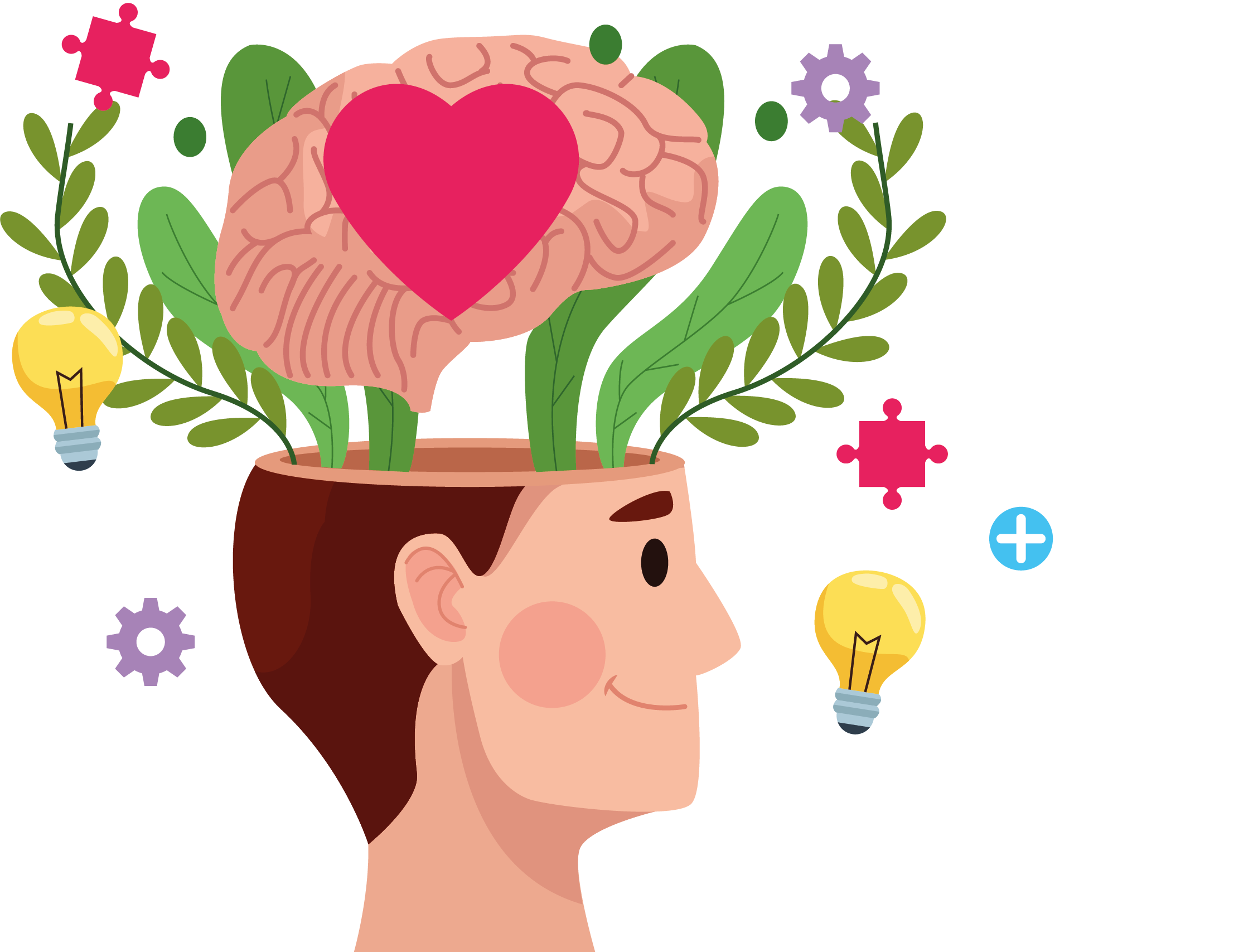Introduction
In our fast-paced world, it’s easy to get caught up in the hustle and bustle, often neglecting the most important person in our lives: ourselves. Nurturing yourself is not just a luxury; it’s a necessity for maintaining overall well-being. In this article, we’ll explore ten essential self-care practices that can help you prioritize your own needs and cultivate a healthier, happier life.
Prioritize Rest and Sleep
In the midst of busy schedules and endless to-do lists, it’s crucial to prioritize rest and sleep. Adequate sleep is essential for physical health, cognitive function, and emotional well-being. Make it a priority to get 7-9 hours of quality sleep each night, and create a relaxing bedtime routine to help you unwind and prepare for restorative rest.
Nourish Your Body with Nutritious Food
Fueling your body with nutritious food is another vital aspect of self-care. Pay attention to what you eat, focusing on whole, nutrient-rich foods that nourish your body and mind. Incorporate plenty of fruits, vegetables, lean proteins, and healthy fats into your diet, and stay hydrated by drinking plenty of water throughout the day.
Move Your Body Regularly
Physical activity is not only beneficial for your physical health but also plays a crucial role in supporting your mental and emotional well-being. Find activities that you enjoy, whether it’s going for a walk, practicing yoga, dancing, or hitting the gym. Aim for at least 30 minutes of moderate exercise most days of the week to reap the many benefits of staying active.
Practice Mindfulness and Stress Reduction
In today’s hectic world, stress has become a common part of daily life. Incorporating mindfulness and stress reduction techniques into your routine can help you manage stress more effectively and cultivate a greater sense of calm and balance. Try practices such as meditation, deep breathing exercises, journaling, or spending time in nature to quiet your mind and reduce stress levels.
Set Boundaries and Learn to Say No
Setting boundaries and learning to say no are important aspects of self-care that often get overlooked. It’s okay to prioritize your own needs and say no to things that drain your energy or detract from your well-being. Establishing clear boundaries with others and honoring your own limits can help you preserve your energy and focus on what truly matters to you.
Cultivate Healthy Relationships
Healthy relationships are essential for overall well-being, so it’s important to invest time and energy into cultivating positive connections with others. Surround yourself with supportive, uplifting people who encourage and empower you to be your best self. Prioritize quality time with loved ones and nurture those relationships that bring joy and fulfillment to your life.
Engage in Activities That Bring You Joy
In the midst of hectic schedules and daily responsibilities, it’s easy to forget to make time for activities that bring us joy. Whether it’s pursuing a hobby, spending time with loved ones, or simply enjoying a moment of solitude, carving out time for activities that bring you joy is an essential part of self-care. Make it a priority to engage in activities that nourish your soul and uplift your spirit on a regular basis.
Practice Gratitude and Positivity
Cultivating an attitude of gratitude and positivity can have a profound impact on your overall well-being. Take time each day to reflect on the things you’re grateful for, no matter how small they may seem. Focus on the positive aspects of your life and practice reframing negative thoughts into more positive ones. Cultivating a grateful heart can help you cultivate greater resilience, happiness, and fulfillment.
Seek Support When Needed
Finally, it’s important to remember that it’s okay to seek support when needed. Whether you’re struggling with mental health challenges, facing difficult life circumstances, or simply feeling overwhelmed, reaching out for help is a sign of strength, not weakness. Whether it’s talking to a trusted friend or family member, seeking professional therapy, or joining a support group, don’t hesitate to reach out for support when you need it most.
Conclusion
Nurturing yourself is essential for maintaining overall well-being and living a fulfilling life. By prioritizing self-care and incorporating these ten essential practices into your routine, you can cultivate greater health, happiness, and resilience, allowing you to show up as your best self in all areas of your life. Remember, self-care isn’t selfish; it’s necessary for living a life that’s truly worth living. Read more about top 10 self care tips






